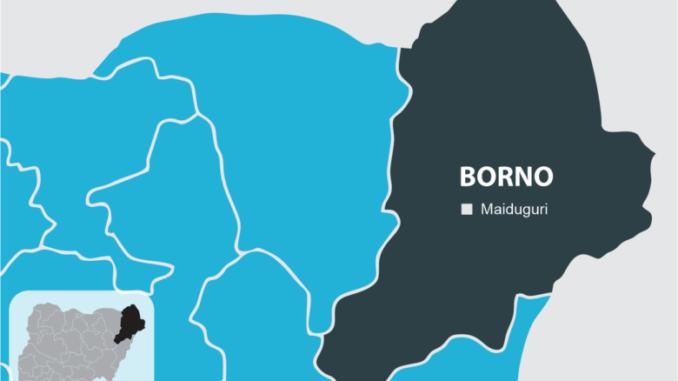
At least 26 civilians, including women and children, were killed in northeastern Nigeria after improvised explosive devices (IEDs) detonated on a busy road near the town of Gamboru in Borno State, authorities confirmed on Tuesday 29 April.
The attacks, which targeted multiple commercial vehicles travelling from the town of Rann, were reportedly carried out by militants from the Islamic State West Africa Province (ISWAP), an offshoot of Boko Haram.
Police and vigilante sources say the explosives were planted in craters along the road—commonly used by security patrols—raising concerns that civilians were unintended victims of a strike meant for military personnel.
The victims, many of whom were local farmers and traders, were packed into a Toyota pickup truck when the vehicle drove over a buried landmine. According to Nahum Daso, spokesperson for the Nigerian police, three other individuals were injured in the blasts and are currently receiving treatment at nearby medical centres. The Islamic State-linked group later claimed responsibility for the attack in a statement posted to Telegram. The assault is one of several recent incidents underscoring the persistent instability in Nigeria’s northeast, where militant violence continues to displace communities and hinder development.
This latest tragedy is part of a broader insurgency that has plagued Nigeria for over 15 years, leaving more than 35,000 people dead and forcing over 2 million to flee their homes. The Nigerian military has since launched clearance operations in the area and, in response to the intensifying threat, appointed a new commander—Major General Abdulsalam Abubakar—to lead efforts against ISWAP and Boko Haram. Despite several military offensives, the region remains volatile, with militant groups exploiting poor infrastructure and limited state presence to conduct deadly ambushes and bombings with devastating regularity.
